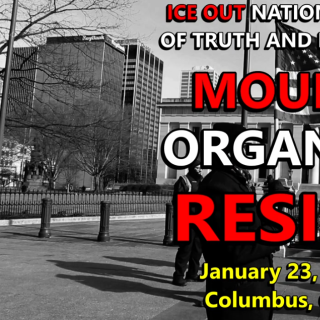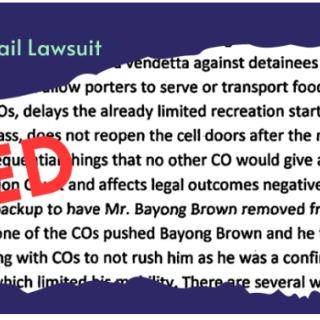Advertisement
Some great news for a change: the United States hit a record low rate of poverty with a decrease from 9.2% at that level to 7.8%, according to the Supplemental Poverty Measure that pretty much counts everything from all governmental aid to wages and so forth. Additionally, child poverty was only 5.2%, a drop of 4.5 percentage points from 2020.
How did it happen? Simply put, low-income families were given more money by the federal government. For a change, the money went directly to families through various benefits, special guaranteed family allotments for children, and unemployment benefits increases. By directly, I mean that for the most part the states, red or blue, were not able to prevent families and workers from receiving the benefits by diverting the money or requiring burdensome tests and disqualifications. There’s no question that it cost big money for the Biden administration to make this happen and a huge pandemic-level crisis to force the hand of Congress, but it confirms what National Welfare Rights Organization leaders just to say repeatedly: money is what ends poverty. Period. Full-stop.
That’s not to say that other programs don’t make a difference. Training helps. Job subsidies help. Food support makes a difference. Education isn’t irrelevant, even if it is not the cure that many liberals and conservatives believe it to be. Nonetheless, nothing aids lower income families like cash.
The problem for the conservatives is that cash transfers have been proven to work. The problem for the rest of us is that we need to keep this from being a one-time thing. They argue it’s not sustainable, but mainly that’s because they are not willing to increase entitlements for lower income families and continue to allow states to dial down any and all cash payments to less than subsistence level. There have now been scores of experiments in many cities with various forms of guaranteed annual income. The results are still coming in, but there’s little question that such payments move the needle in the right direction.
Less bureaucracy, direct transfers, more money, all of these are the elements that matter to reduce poverty. Sustainability also depends on childcare, long-term subsidized employment, a living wage for retraining, rent controls, and free transportation. In short, more entitlements.
The proof is plain. We can afford to end poverty; we just have to have the political will to do it.



